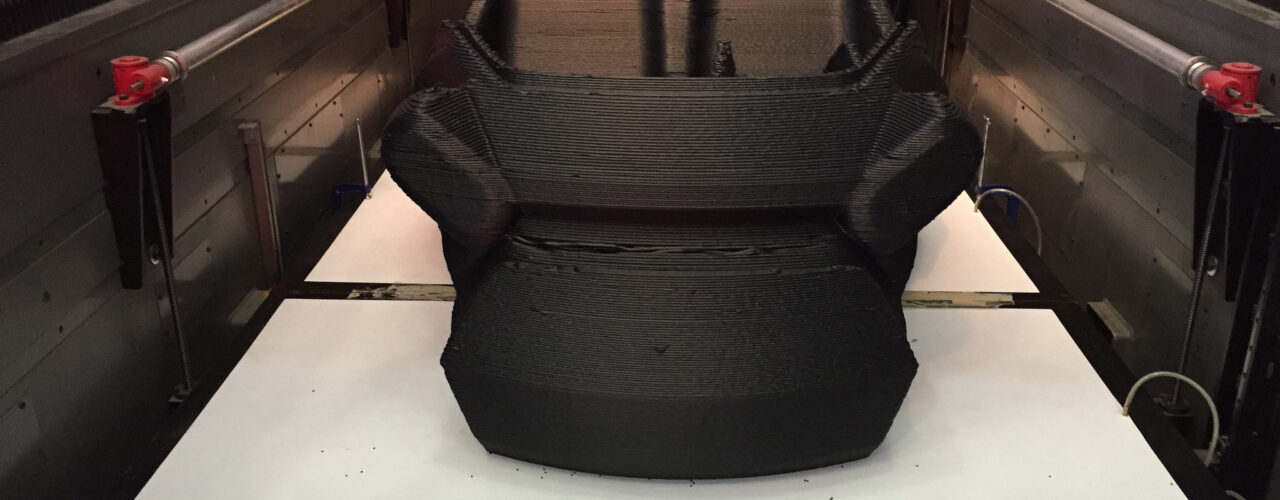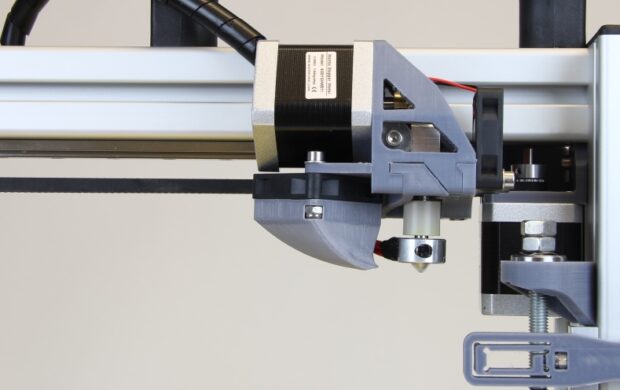In our topic hub on the future of shipping, we’re asking how widespread adoption of 3D printing will affect the nature of cargo.

2014 saw Chinese engineering company, WinSun, build 10 one-storey houses in a single day using four giant 3D printers. At the same time, Autodesk collaborated with Local Motors, the leader in open-source hardware innovation, to create the first Spark 3D-printed car. This move marks the first time a major company has entered the 3D printing open-source space.
Credit Suisse recalculated its 3D printing projection in 2014, predicting that the manufacturing tech’s market will increase to $800 million by 2016. The revised projection is a startling 357% increase from Credit Suisse’s $175 million market estimate in late 2013. Driving that claim is the bank’s opinion that prosumers (a new class of producer-consumers who simultaneously function as consumers, editors and producers of new ideas and products) have embraced the technology and that we are already seeing widespread acquisition and adoption of 3D printing technology.
Image credit: John Biehler












